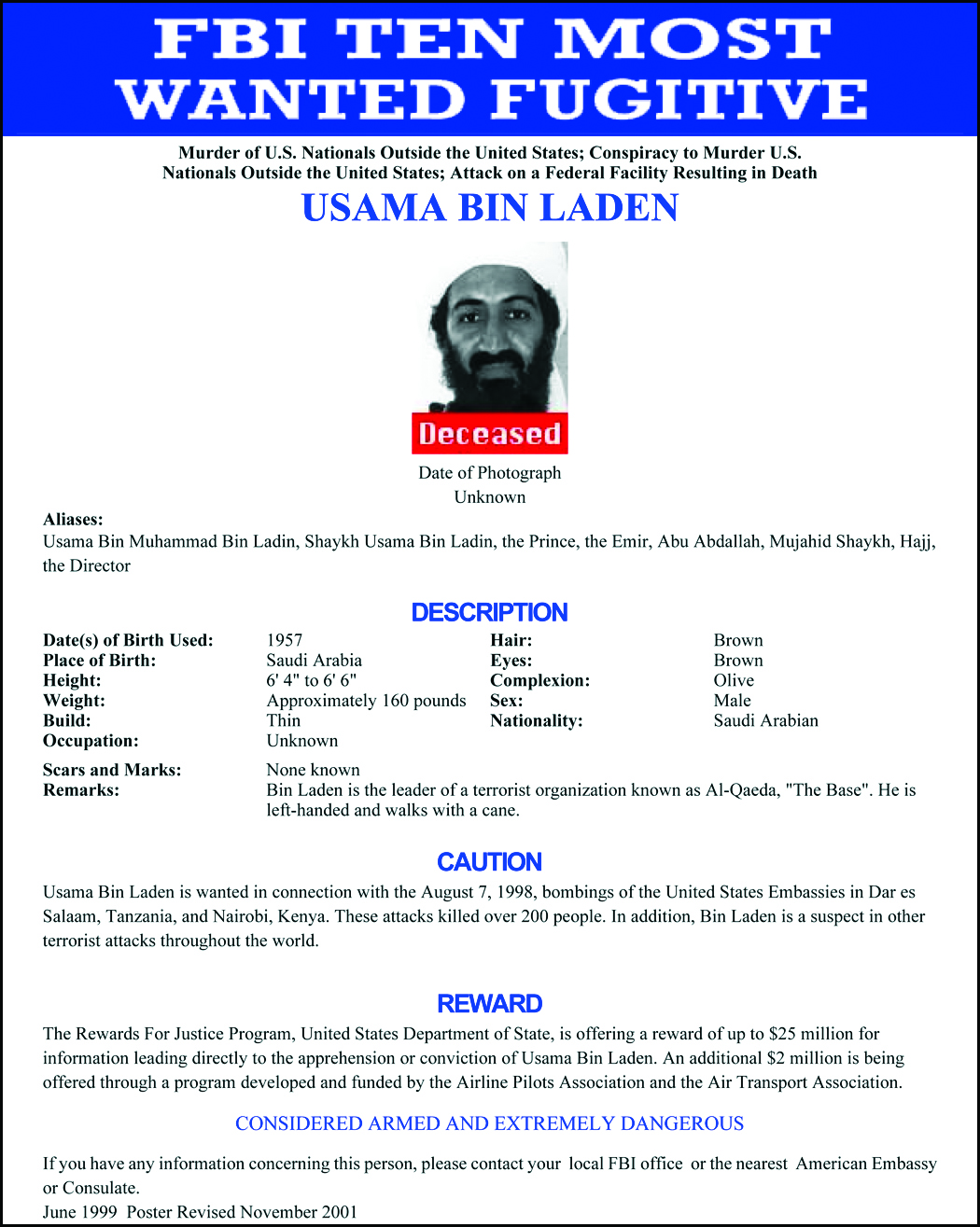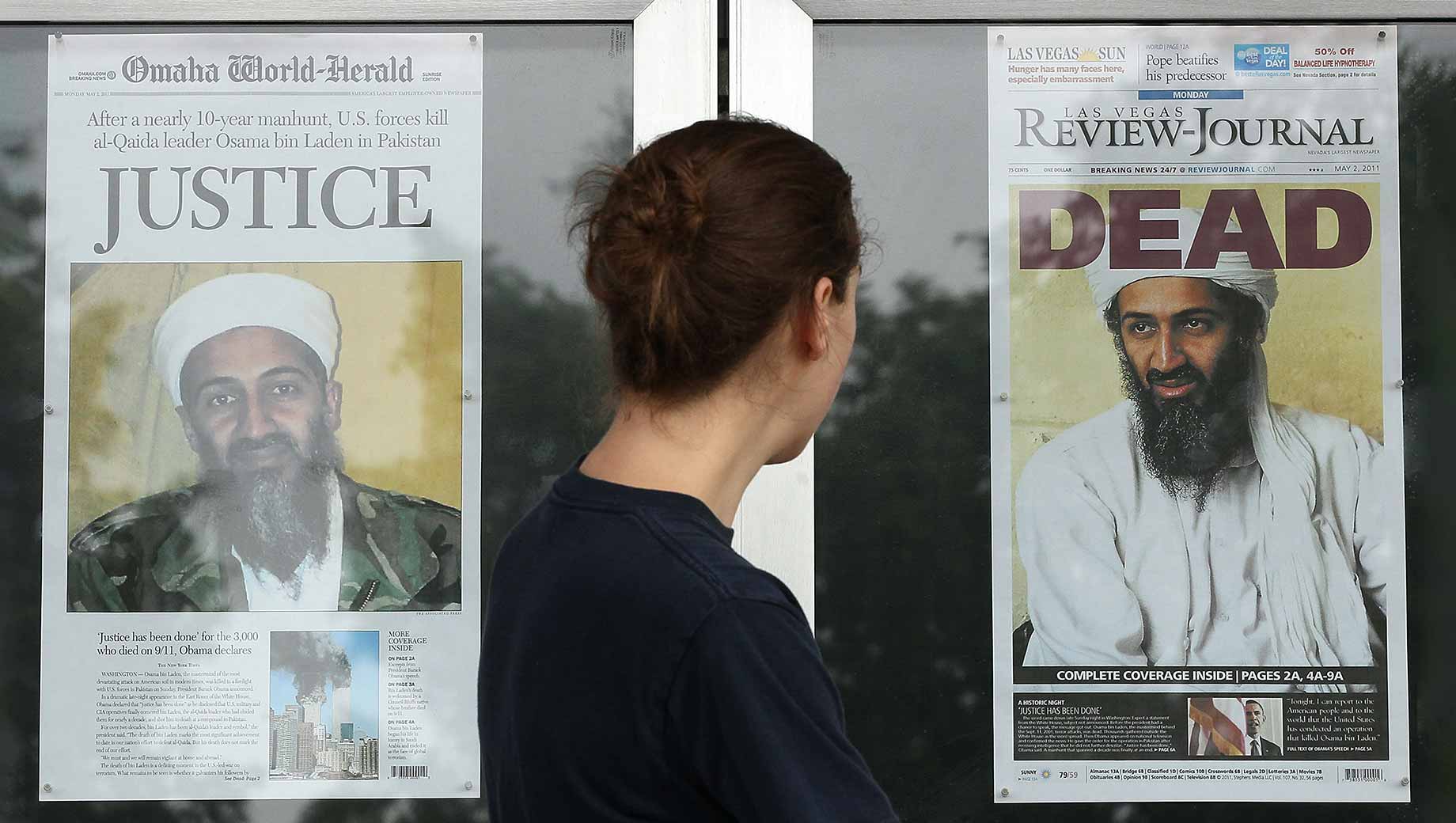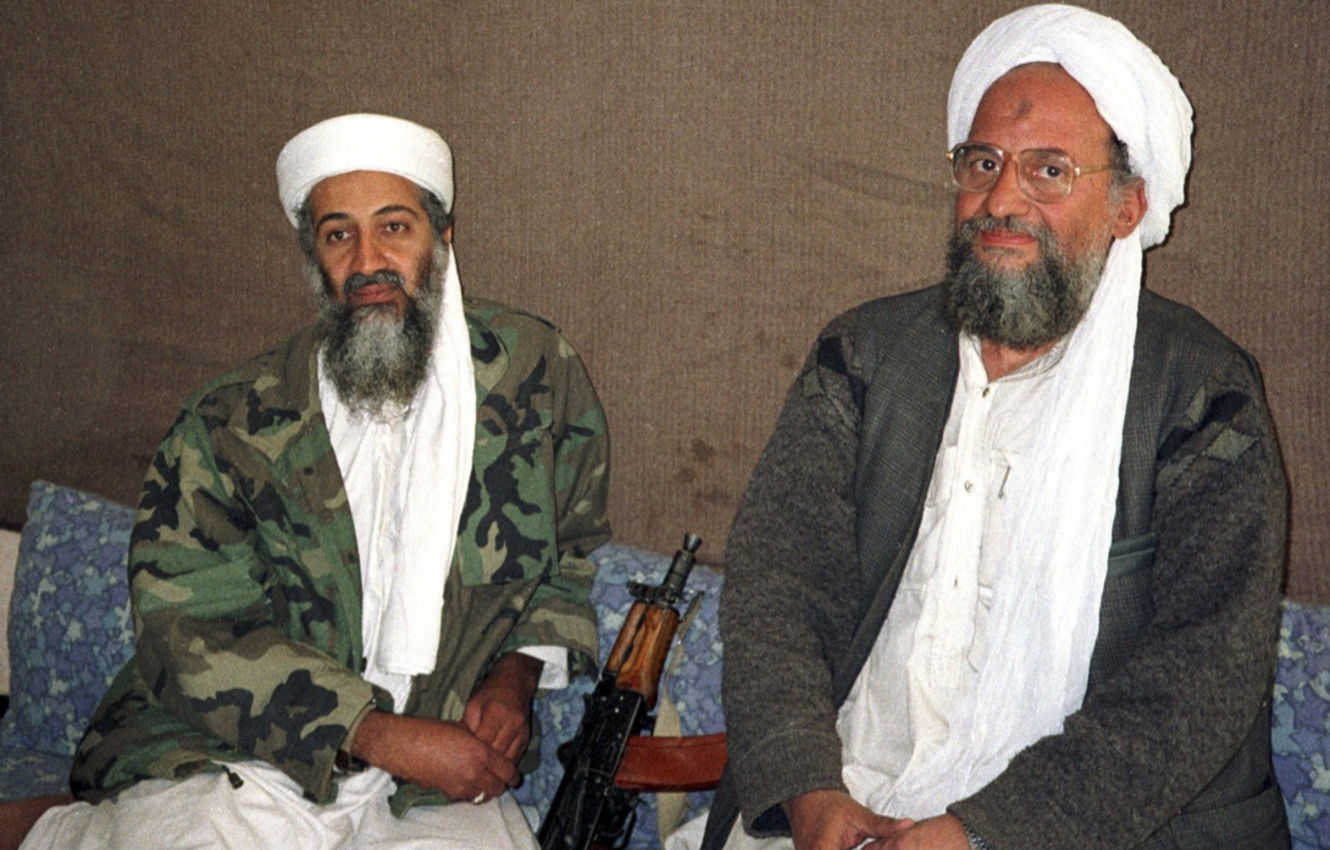
Osama bin Laden is a name that evokes a complex mix of fear, intrigue, and controversy. As the founder of al-Qaeda, he played a pivotal role in orchestrating some of the most infamous terrorist attacks the world has ever witnessed, most notably the September 11 attacks in 2001, which resulted in the tragic loss of thousands of lives and altered the course of global politics. But who was Osama bin Laden beyond the headlines and the terror? To truly understand his life and the ideology that drove him, we must delve deeper into his background, upbringing, and the events that shaped his worldview. His influence extended far beyond the immediate impact of his actions, leaving a lasting legacy that continues to affect international relations and security policies to this day. By examining his life, we can gain insights into the motivations behind his radical beliefs and the broader implications of his actions on a global scale.
Early Life: Roots and Background

Born into Wealth
Osama bin Laden entered the world in **1957** in the bustling city of **Riyadh, Saudi Arabia**. He was born into an extraordinarily affluent family, being one of more than **50 children** of Muhammad bin Laden, a self-made billionaire who had immigrated from Yemen. Muhammad bin Laden established himself as a prominent figure in the construction industry, amassing significant wealth through his work on major projects commissioned by the **Saudi royal family**. Growing up in such an opulent environment, Osama was exposed to the intricacies of wealth, privilege, and power from a young age, which would later influence his worldview and actions.
Education: A Turning Point
Osama bin Laden pursued his higher education in **business administration** at **King Abdul Aziz University** in Jeddah. It was during his time at this institution that he encountered radical thinkers, most notably **Abdullah Azzam**, whose ideologies would profoundly impact bin Laden’s beliefs and aspirations. This period of his life marked a significant turning point, as he began to embrace more extreme interpretations of Islam. The combination of his privileged background and the radical influences he encountered during his studies played a crucial role in shaping his militant ideology, setting him on a path that would ultimately lead to his involvement in global jihadist movements.
The Rise of al-Qaeda

Afghanistan: The Birth of a Militant Leader
The year **1979** marked a significant turning point in the life of Osama bin Laden, as the Soviet Union launched its invasion of Afghanistan. This military action was perceived by bin Laden as a blatant act of aggression against the Islamic faith and its followers. Motivated by a strong sense of duty and a desire to defend Islam, he made the decision to travel to Afghanistan. There, he joined forces with the **Mujahideen**, a group of Afghan resistance fighters. Utilizing his substantial financial resources and natural charisma, bin Laden quickly garnered a loyal following among Arab fighters who were also drawn to the cause. This period of conflict and camaraderie laid the foundational stones for what would eventually evolve into the notorious terrorist organization known as al-Qaeda.
Founding al-Qaeda
By the time **1988** rolled around, bin Laden had successfully established al-Qaeda, which translates to “the Base” in Arabic. Initially, the organization did not possess a well-defined agenda or mission statement. However, as bin Laden’s ambitions grew, so did his vision for the group. He began to articulate a clearer purpose, aiming to unite Muslims from various backgrounds against what he perceived as the oppressive forces of the West. This vision would ultimately shape the trajectory of al-Qaeda, transforming it into a formidable entity that sought to challenge Western influence in the Muslim world and promote a radical interpretation of Islam.
Key Attacks and Operations

1993 World Trade Center Bombing
In the early 1990s, Osama bin Laden’s influence began to rise significantly, particularly after he publicly commended the **1993 bombing of the World Trade Center** in New York City. This attack, which involved a truck bomb detonated in the underground garage of the North Tower, was a harbinger of the more catastrophic terrorist events that would unfold in the years to come. The bombing resulted in six fatalities and over a thousand injuries, highlighting vulnerabilities in U.S. security and setting a dangerous precedent for future acts of terrorism. Bin Laden’s endorsement of this attack helped to galvanize support for his extremist ideology and laid the groundwork for al-Qaeda’s subsequent operations.
Embassy Bombings: A New Level of Violence
In **1998**, bin Laden escalated his campaign against the United States by orchestrating simultaneous bombings of U.S. embassies located in **Nairobi, Kenya**, and **Dar es Salaam, Tanzania**. These coordinated attacks resulted in the tragic loss of **224 lives** and injured thousands more. This marked a significant turning point in al-Qaeda’s operational strategy, showcasing their ability to execute complex, large-scale attacks that garnered international media attention and condemnation. The embassy bombings not only demonstrated the group’s growing capabilities but also solidified bin Laden’s status as a prominent figure in global terrorism, prompting the U.S. government to take more aggressive measures against him and his network.
The USS Cole Attack
In **2000**, the **USS Cole**, a U.S. Navy destroyer, was targeted in a suicide bombing while docked in the port of Aden, Yemen. The attack, which involved a small boat laden with explosives, resulted in the deaths of **17 American sailors** and injured many others. This incident was particularly significant as it illustrated bin Laden’s ability to strike at U.S. military assets abroad, further cementing his reputation as a formidable terrorist leader. The attack on the USS Cole not only heightened tensions between the U.S. and al-Qaeda but also served as a precursor to the more devastating attacks that would follow on September 11, 2001, ultimately reshaping U.S. foreign policy and counterterrorism efforts in the years to come.
The September 11 Attacks

The Day That Changed Everything
On **September 11, 2001**, bin Laden’s al-Qaeda operatives executed a meticulously planned attack on the United States, hijacking four planes and crashing them into the **World Trade Center** and the **Pentagon**. This tragic event resulted in nearly **3,000 deaths** and marked a turning point in global politics.
Aftermath: The War on Terror
The September 11 attacks prompted the U.S. to launch the **War on Terror**, leading to the invasion of Afghanistan and the overthrow of the **Taliban** regime that had sheltered bin Laden. But where was he hiding?
Life in Hiding

The Tora Bora Caves
After the U.S. invasion, bin Laden evaded capture in the **Tora Bora cave complex**. For years, he remained a ghost, issuing audio and video messages that kept his ideology alive.
Final Years: A Secure Compound
In **2011**, U.S. intelligence located bin Laden in a secure compound in **Abbottabad, Pakistan**. This discovery led to a covert operation that would finally bring him to justice.
The Raid: A Moment of Reckoning

The Operation
On **May 2, 2011**, a small U.S. force conducted a daring raid on bin Laden’s compound. The operation was swift and decisive, resulting in his death. This moment was a significant victory in the War on Terror.
Aftermath and Reactions
President **Barack Obama** announced bin Laden’s death in a televised address, marking a pivotal moment in U.S. history. Al-Qaeda acknowledged his death and vowed revenge, indicating that the fight was far from over.
Legacy: The Impact of Osama bin Laden

A Divided World
Bin Laden’s actions have left a lasting impact on global politics, shaping U.S. foreign policy and leading to increased security measures worldwide. His legacy is one of division, fear, and ongoing conflict.
Continued Influence
Even after his death, bin Laden’s ideology continues to inspire extremist groups around the world. His ability to articulate grievances against the West resonates with many, perpetuating a cycle of violence.

Osama bin Laden was not just a terrorist; he was a complex figure whose life and actions have had profound implications for the world. Understanding his motivations and the context of his actions is crucial in addressing the ongoing challenges of **terrorism** and **extremism**. As we reflect on his legacy, we must ask ourselves: how do we move forward in a world still grappling with the consequences of his actions?
Table: Key Events in Osama bin Laden’s Life

| Year | Event |
|---|---|
| 1957 | Born in Riyadh, Saudi Arabia |
| 1979 | Begins supporting Mujahideen in Afghanistan |
| 1988 | Founding of al-Qaeda |
| 1993 | World Trade Center bombing |
| 1998 | U.S. embassy bombings in Kenya and Tanzania |
| 2000 | USS Cole attack |
| 2001 | September 11 attacks |
| 2011 | Bin Laden killed in Abbottabad, Pakistan |

